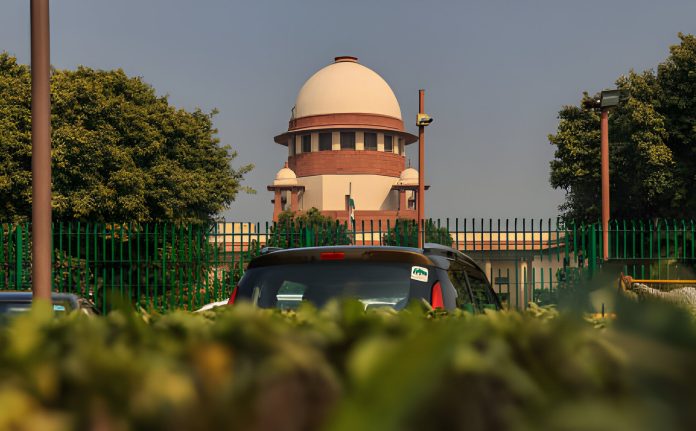NEW DELHI, Aug 7: The Supreme Court has directed the National Green Tribunal to oversee the impact of silicosis-prone industries and factories across India and ensure that the Central Pollution Control Board and the respective state pollution control boards comply with its earlier directions on the issue.
Follow The Daily Excelsior Channel On WhatsApp
Silicosis is an incurable occupational lung disease caused by prolonged inhalation of silica dust.
A bench of justices Vikram Nath and Prasanna Bhalachandra Varale said statutory bodies have been constituted and they would be in a better position to monitor and oversee that the mandate of law.
It also direct the NGT to undertake any additional necessary steps to prevent the spread of silicosis by such industries and factories.
“The second aspect concerns ensuring that adequate compensation is received by the affected workers or their next of kins as swiftly as possible. In this regard, we direct the National Human Rights Commission (NHRC) to oversee the compensation process across the respective states.
“We also direct the Employees’ State Insurance Corporation and the chief secretaries of the respective states to adhere to the directions of the NHRC and collaborate with them to ensure that the compensation distribution process is carried out efficiently and without delay,” the bench said.
The top court directed its registry to ensure that all relevant reports and affidavits pertaining to this matter are forwarded to the NGT and the NHRC to facilitate the execution of their responsibilities effectively and swiftly.
The directions of the apex court came while disposing a 2006 plea filed by NGO People’s Rights and Social Research Centre seeking intervention of the SC in addressing the grave issue of silicosis among workers in various industries across the country.
The NGO said pervasive and unchecked prevalence of silicosis among workers in various industries constitutes a violation of the workers’ fundamental rights under the Constitution. (Agencies)


